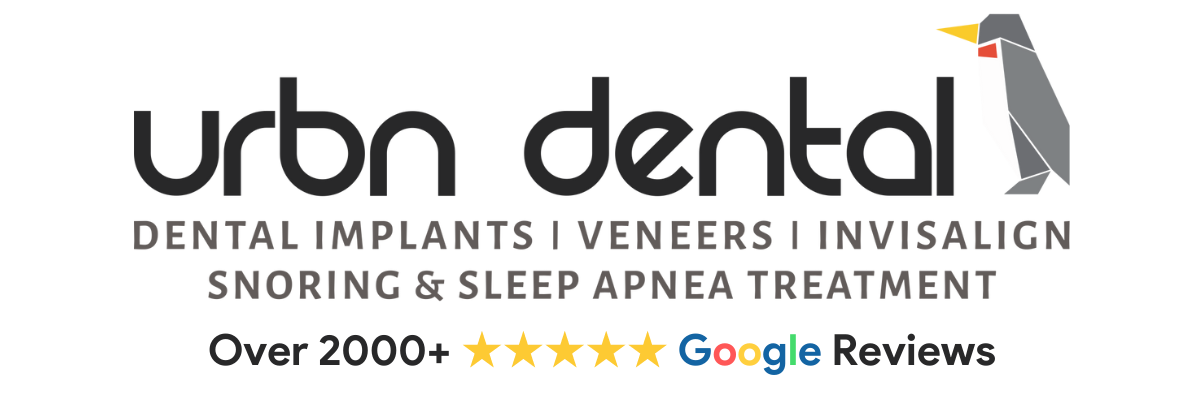In This Article
Acute Apical Abscess Treatment
Are you feeling severe pain acute apical abscess? Untreated dental pain can greatly affect your lifestyle – aside from the fact that it will affect the way you eat and talk, it can also affect your ability to stay focus at your place of work. That’s why you need to visit a professional dentist for acute pulpitis pain relief.
Most people believe that acute dental pain is only caused by toothache whereas toothache is not the only cause of dental pain. Dental pain can be caused by a variety of problems. So, when you experience dental pain, you should visit a competent dentist to ascertain the root cause of your dental pain. Some causes of Houston TX tooth pain are listed below:

Acute Apical Abscess
Acute apical abscess is the inflammation of the soft tissues of the mouth located very close to the tips of teeth roots. Acute apical abscess can be caused by dental cavity, damage to the pulp tissue, injury or trauma. The pain from acute apical abscess aggravates when the affected tooth is touched or used to chew food. Symptoms of acute apical abscess include swelling of the gum and jaw that may radiate to the face or neck, loss of appetite (especially in kids), lethargy, and fever. If you experience any of the symptoms above, visit a toothache dentist near me in Houston as soon as possible.
Dental Pulpitis
This is the well-known toothache. It is characterized by a throbbing pain caused either by dental decay or a faulty dental restoration. This pain aggravates with eating or drinking and it may get so severe if pressure is applied to the tip of the affected tooth. Untreated dental pulpitis may develop into an acute apical abscess.
Gum Disease – Gingivitis and Periodontitis
Gum disease, also known as periodontal disease, is an inflammatory disease of the soft tissues. It destroys the gums, jawbones, and other supporting tissues and structures of the teeth. Gum disease can either occur as gingivitis (gum inflammation) or periodontitis. Gingivitis is the earliest form of gum disease and is characterized by bleeding gums. Gingivitis is painless and can either get worse or go away on its own. Periodontitis is the worst case of gum disease and is accompanied initially by low pain. However, if periodontitis remains untreated, the disease will affect the gingival tissue and jawbone. Eventually, it will lead to tooth loss.
Dry Socket (Alveolar Osteitis)
This is the inflammation of a socket left after a tooth, especially the molar tooth, has been extracted. It usually occurs one or two days after a tooth extraction process. It occurs when no blood clot is formed on the tooth extraction site or when the blood clot gets dislodged or pulled out. Symptoms of dry socket include swelling or a bad odor from the extraction site.
Pericoronitis
Pericoronitis usually occur when the lower wisdom teeth are erupting and they are impacted because there is not enough space to allow their growth. It can also be caused by a bacterial infection that affects the gum when the lower molars are developing. Pericoronitis causes swelling of the gums and severe pain around the affected tooth. Symptoms of pericoronitis include the inability to open the mouth well, fever, fatigue, nausea, bad odor, difficulty when swallowing, etc.
If you experience any of the dental issues listed above, consult a toothache Houston dentist as soon as possible for tooth infection treatment Houston. Other causes of acute dental pain and discomfort include high bite, exposed dentine, root canal therapy (endodontic surgery), maxillary sinusitis, and oral ulcers.
Diagnosing an Acute Dental Pain
If you experience any pain in your mouth or jaw that persists after you have taken pain killers, you need to consult toothache Houston dentist to diagnose the exact dental problem. Your dentist would check whether you experience any symptom of myocardial infarction. Your dentist would also ask to know if you have taken an overdose of pain killer. If the symptoms are related to myocardial infarction or overdose, your dentist would send you to the emergency room. Otherwise, your dentist would further diagnose if your toothache is as a result of trauma and treat accordingly.
If not, your dentist will check if the pain is a result of an emanating tooth. If the pain is due to an emanating tooth, your dentist would administer analgesia. However, if the pain is not from an emanating tooth and analgesia did not help to eliminate the pain, your dentist may recommend non-urgent acute dental care.
Eliminating/Healing Your Acute Dental Pain
The first step to eliminating or healing acute dental pain is diagnosing the cause of the pain. Once the cause of the pain is known, your toothache Houston dentist will decide on the right treatment for the pain. Even if highly recommended tooth infection treatment Houston for your Houston TX tooth pain is tooth extraction, your emergency dentist will commence a tooth extraction process on you and give you painkillers to help in reducing the associated pain.
The most preferred types of drugs for acute dental pain are NSAIDs (non-steroidal anti-inflammatory drugs). These drugs are always the first set of drugs that would be prescribed to you when you have acute dental pain. These drugs reduce pain, discomfort, and inflammation.
Other drugs that are also good at treating acute dental pain are opioids. However, these drugs only control pain and do not reduce inflammation in the mouth. That means if you have inflammation, opioids are not the right options for you. More so, you must be careful with the use of opioids because they can pose have risks such as addiction and overdose.
Aside from administering pain control drugs, your dentist may also recommend other dental treatment procedures like a dental filling, dental crown, tooth extraction, and root canal. The best treatment for your acute dental pain will depend on the cause of your dental pain and discomfort. Are you experiencing any form of dental pain, contact URBN Dental today for high-quality dental care.

